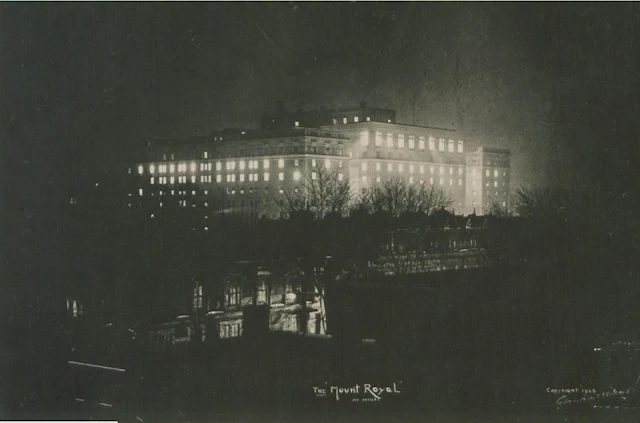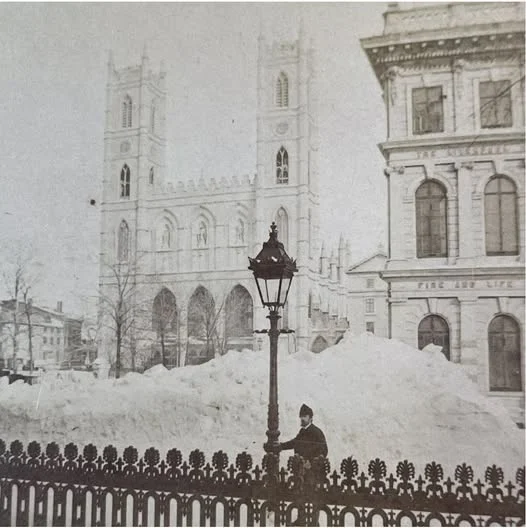
I always assumed that everyone had “big dreams” at some time in their life. Everyone dreams but most people don’t listen to their dreams, they forget them as soon as they wake, or if the dream is remembered it is either ignored or sloughed off. They don’t want to be disturbed by dreams, or by re-visioning their life, or by becoming more conscious, or by the discomfort of psychological insight. This is how poets think: they allow for the presence of dreams as a form of communication from the unconscious, and the dream is then listened to.
----------------
God communicates to people in two ways: through angels and through our dreams. If you want to communicate with God, or receive a message from God, then be open to your dreams. Dreams coming from God are the “big dreams”, and we may have only a few of these during our whole life. Dreams have some interest for poets and artists, dreams are psychic collages juxtaposing images that one would probably never put together. They are of interest in an aesthetic sense, as a curiosity, and importantly for therapists as a door into the psyche of their client. Discussing a dream is a way—an entrance, a door—into the psyche, it is a catalyst for discussion. Surrealism as a movement grew out of Freud’s positioning of dream interpretation as an important part of therapeutic work. The Surrealists were more fascinated by the dream as an aesthetic event than by its therapeutic value. Dreams, then, as life changing events, can be an important aspect of how poets think; as well, dream imagery can be transformed into a poem.
----------------
Two other minor examples of
poetic thinking: when I returned to live in the neighbourhood where I grew up,
I would regularly see people who I used to see in the streets when I was young.
They were not older versions of themselves, they were the same people that I
used to see, as though, over the intervening years, they had never changed. I no
longer see these people, they seem to have departed, where they have gone to I
don’t know, but I would often see them, just as they were so many years ago. A
second example: I have always believed that when we think of someone we used to
know, but have lost contact with them, and they suddenly come to mind, for no
reason at all, at that same moment they are thinking of us. For example,
sometimes we think of an old friend with whom we have lost contact and then,
only a few seconds later, the phone rings and it is the person we have been
thinking of. Synchronicity reminds us that there is some kind of cohesion and meaning in life if we can see it.
----------------
----------------
It is the essence of the
shamanic journey that what is perceived is not a product of the imagination but
is “real”. The important thing is the experience in which our awareness and
consciousness is not always subject to cause and effect. Dreams juxtapose
images that are usually not associated with each other. In essence, the dream is
a collage or a "cut-up" (see Brion Gysin). Dreams fascinate us when
they open the door of archetypal association. A door, for instance, allows us
to enter a room, but a "door" for William Blake is an image opening
our awareness and our perception of the symbolical world of the psyche. Almost
two hundred years later Jim Morrison resonated to Blake's perception and the
music of The Doors followed, music that is shamanic and archetypal.
----------------
----------------
Dreams, Tarot cards, Sabian Symbols, the Aquarian Symbols, archetypal images, paintings by Odilon Redon, Magritte, and others, photographs by Man Ray, all help open an entrance into the deeper levels of the psyche. At this deeper level we become conscious of people, we can explore events that were formerly left unconscious, and a narrative becomes available to the conscious mind. I would include fairy tales and mythology as ways to access the unconscious mind.
----------------
Poetry deals with
the soul and soul making. Just about any subject can be transformed into
poetry, but a poet’s soul is needed for this transformation of the everyday
into poetry. The poet is the soul's alchemist. Poetry is transformation.
Dreams are another form of alchemy; they transform everyday reality into an expression of the psyche
or the soul, and these dreams can sometimes give us access into our own souls.








.JPG)





.JPG)
.JPG)


.JPG)



.JPG)
